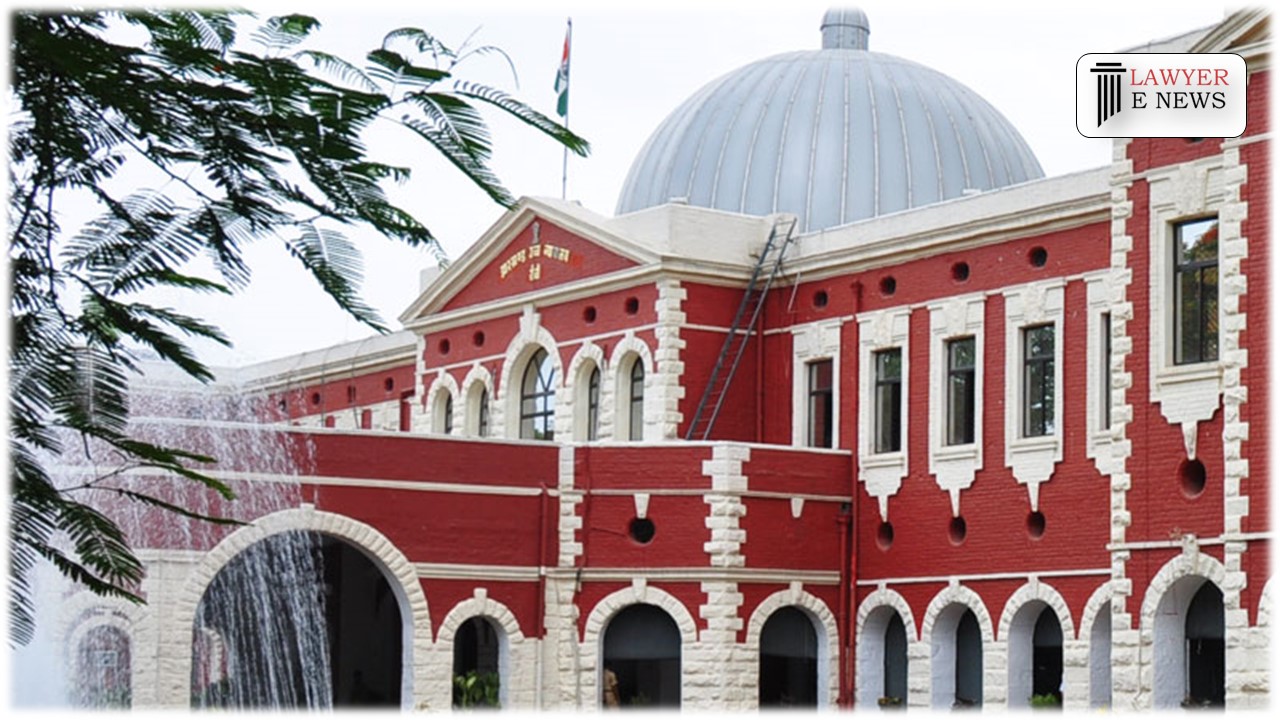-
by Admin
15 February 2026 2:36 AM



High Court Affirms Life Imprisonment for Doman Murmu in Nesh Kisku Murder Case Despite Lack of Forensic Evidence and Motive
The High Court of Jharkhand at Ranchi upheld the life imprisonment sentence for Doman Murmu @ Ramdhu Murmu, convicted of murdering Nesh Kisku @ Dhanai Kisku. The judgment, delivered by a bench comprising Justices Ananda Sen and Subhash Chand, emphasized the reliability of direct eyewitness testimony and medical evidence over the absence of forensic examination of the murder weapon and lack of motive.
Doman Murmu was convicted by the Additional Sessions Judge-III, Dumka, for the murder of Nesh Kisku by stabbing him with a dagger. The conviction was primarily based on the eyewitness account of Sonmuni Baskey, the informant and partner of the deceased, supported by corroborative testimonies from other witnesses and medical evidence. The incident occurred on the night of August 10, 2011, when Nesh Kisku was stabbed while sleeping at the house of Sonmuni’s maternal uncle, Deblal Kisku.
The court placed significant emphasis on the direct evidence provided by the eyewitness, Sonmuni Baskey. Despite the defense’s argument regarding the poor lighting conditions, the court found the identification credible due to the prior acquaintance between the informant and the accused. Justice Subhash Chand noted, “The appellant was also the second husband of the informant, making it easy for her to identify him even in utter darkness based on gait, bodily structure, and gestures.”
The testimonies of P.W.2 Deblal Kisku and P.W.3 Churki Hembrom, who corroborated Sonmuni Baskey’s account, were deemed admissible. The court dismissed the defense’s claim that these testimonies were hearsay, emphasizing their role in corroborating the direct evidence.
Dr. Shailendra Kumar (P.W.12) confirmed that the cause of death was consistent with the injuries described by the eyewitness, thereby corroborating the prosecution’s case. The postmortem report indicated an incised wound caused by a sharp weapon, aligning with the dagger mentioned in the testimonies.
The court acknowledged the failure to send the recovered dagger for forensic examination but deemed it a minor lapse that did not undermine the direct evidence provided by the eyewitness. Referencing precedent, the court stated, “In cases of direct evidence, the production of the weapon and its forensic examination is not fatal to the prosecution’s case.”
Reiterating the established legal principle, the court held that the absence of a proven motive does not affect the conviction in cases supported by direct evidence. “Motive loses all its importance in cases where direct evidence of eyewitnesses is available,” the court noted, referencing the Supreme Court’s decision in Nandu Singh vs. State of Madhya Pradesh.
The defense’s suggestion that the informant conspired to murder the deceased or committed the murder herself was dismissed due to lack of supporting evidence. The appellant’s statement under Section 313 of the Cr.P.C. did not substantiate the alternate theory.
Justice Subhash Chand remarked, “The corroboration provided by the medical evidence is a significant factor that lends credibility to the prosecution’s case, especially when witnesses turn hostile under duress.”
The High Court’s decision to uphold the conviction and life sentence of Doman Murmu underscores the judiciary’s commitment to justice based on credible direct evidence. By affirming the trial court’s findings, the judgment reinforces the legal framework for evaluating evidence in criminal cases, emphasizing the primacy of reliable eyewitness testimony and medical corroboration.
Date of Decision: 24th May 2024
Doman Murmu @ Ramdhu Murmu vs. The State of Jharkhand
